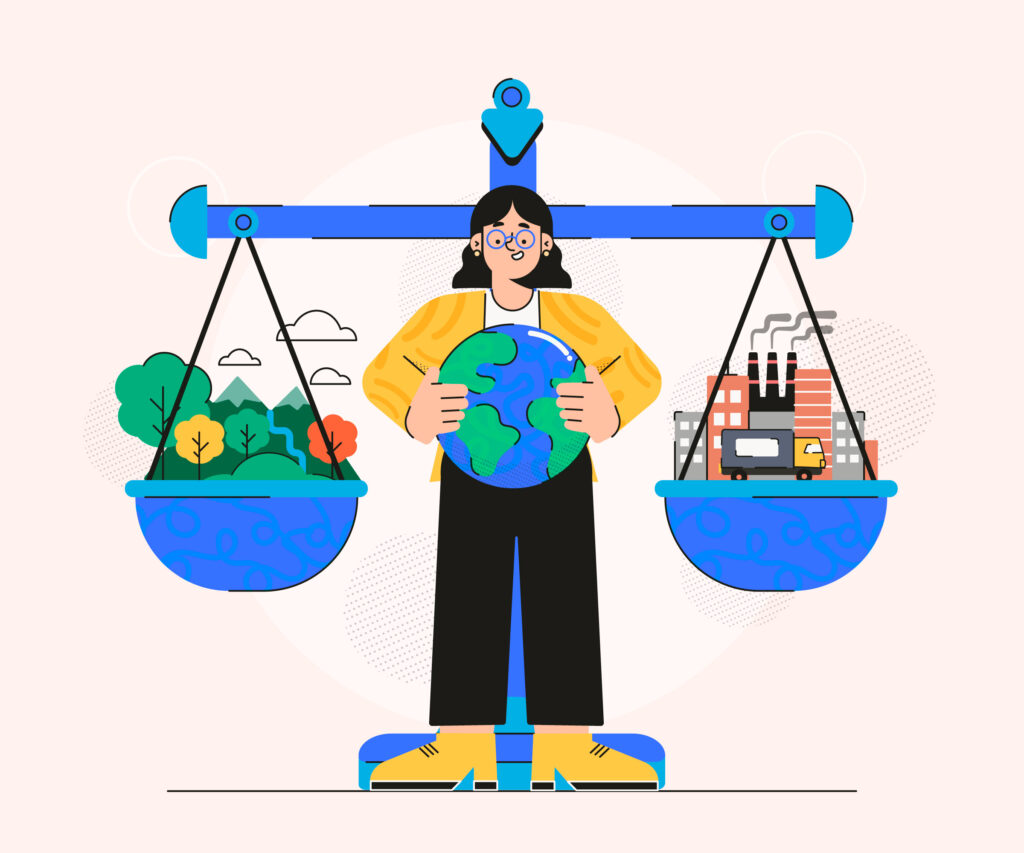
Food is an important biological necessity. Good food is a prerequisite for a healthy living. Good nutritious diet is important for our growth. One should have adequate access to balanced nutrition and diet. However, there is glaring inequality in India when it comes to consumption of food.
One of the kinds of inequalities that are very much prominent with regards to nutrition is the inequality based on gender. While human beings are equal, gender norms and gender biases have made it harder for girls and women to have access to proper nutrition and health vis-a-vis boys and men.
Gender bias and nutrition inequality
Girls have a higher risk of dying before turning five than boys do. The mortality rates for children In India under five years of age are roughly 38.4 and 40.4 for males and females, respectively..
Girls suffer from malnutrition more than boys. Out of around 190 million malnourished people, a large majority are women. As per a report of National Family Health Survey (NFHS) – 4 for 2015-16, 22.9% women (15-49 years of age) are underweight (BMI less than 18.5 kg/m2). The five States having the highest percentage of malnutrition among women are Jharkhand (31.5%), Bihar (30.4%), Dadra and Nagar Haveli (28.7%), Madhya Pradesh (28.4%), Gujarat (27.2%) and Rajasthan (27%).
Women and girls tend to suffer from anaemia due to lack of proper nutrition. One in four women are suffering from some reproductive ailment. The issue of malnutrition among women is a major cause of concern.
The major cause of such inequality is gender bias. From a young age, boys’ nutrition is prioritized over girls’. Girls are supposed to eat less. They are also supposed to eat last. After marriage, women’s eating habits become entirely dependent on in-laws. In addition, during menstruation, women are forbidden from accessing the kitchen.
Such a gendered inequality is a hindrance for sustainable development and for the growth and development of individuals. Gendered violence against women is a collective and a systemic issue. It must be tackled to ensure all individuals have access to good food and are healthy.
